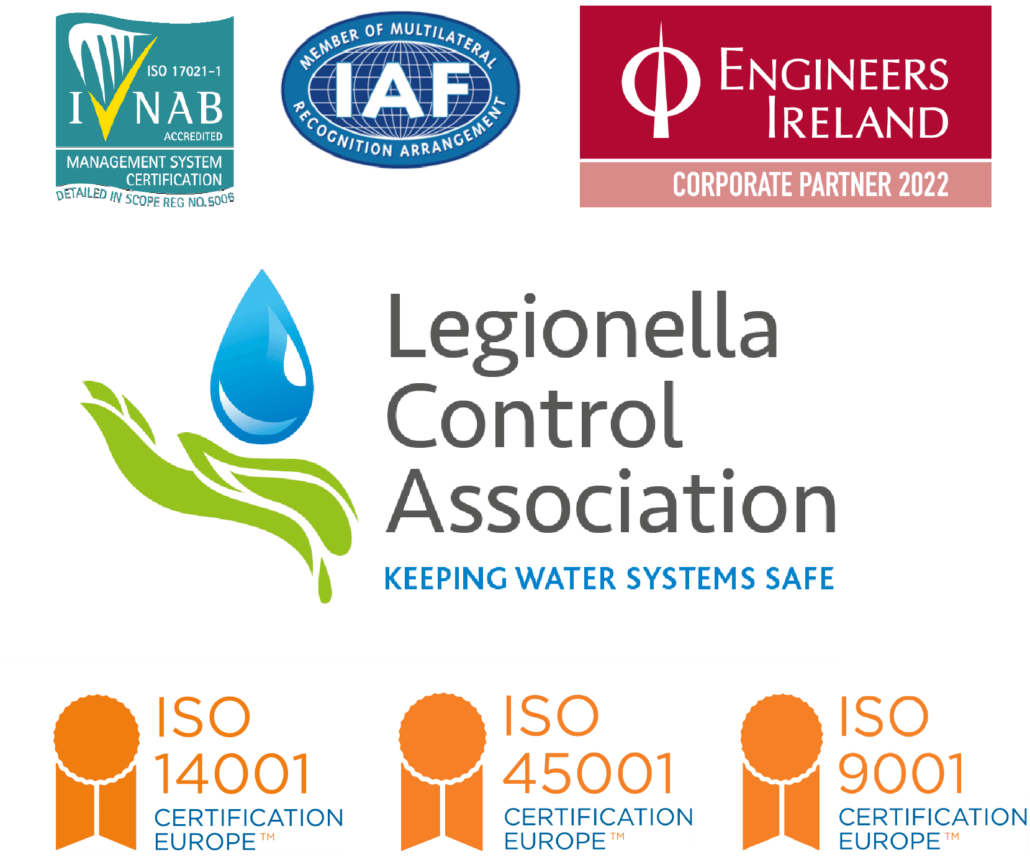Exploring the Benefits of Using Solid Chemicals in Water Treatment
In water treatment, the choice between solid and liquid chemicals often arises. While both have their merits, solid chemicals have gained increasing popularity due to their numerous advantages. This blog post delves into the benefits of using solid chemicals over liquid counterparts in water treatment processes, highlighting the efficiency, safety, and environmental factors that make solids a solid choice.
** Precision and Efficiency
Solid chemicals offer precise dosing capabilities, ensuring accurate treatment of water without the risk of over or under-dosing. Unlike liquids, solids do not require additional dilution, leading to more efficient and cost-effective treatment processes. This precision is crucial in maintaining the water’s chemical balance, which is vital for various industrial, agricultural, and municipal applications.
** Safety
One of the most significant advantages of solid chemicals is their enhanced safety profile. Solid chemicals are inherently stable and less prone to spills or leaks, mitigating the risks associated with handling hazardous substances. Unlike liquid chemicals, solids are not volatile, reducing the chances of harmful fumes or accidental inhalation. Additionally, the compact nature of solid chemicals minimizes storage space and simplifies transportation, further reducing the likelihood of accidents.
** Environmental Sustainability
Environmental concerns are at the forefront of modern water treatment practices. Solid chemicals contribute to a more sustainable approach due to reduced packaging waste and lower transportation emissions. The manufacturing and disposal of plastic containers for liquid chemicals generate significant environmental impact, which can be mitigated by opting for solids. Furthermore, many solid chemicals are biodegradable and eco-friendly, aligning with the growing emphasis on environmentally responsible solutions.
** Longer Shelf Life
Solid chemicals generally have a longer shelf life compared to liquid chemicals. Their stability ensures that they retain their effectiveness over extended periods, reducing the frequency of replacements. This extended shelf life not only saves costs but also minimizes the need for frequent restocking, resulting in a more streamlined and efficient water treatment process.
** Flexibility in Application
Solid chemicals offer versatility in application methods. They can be used in various forms, including powders, granules, or tablets, allowing for tailored solutions based on specific water treatment requirements. This flexibility ensures that solid chemicals can be adapted for diverse applications, ranging from large-scale industrial processes to small-scale municipal water treatment facilities.
Conclusion
The benefits of using solid chemicals in water treatment are compelling.
Their precision, safety, environmental sustainability, longer shelf life, and flexibility make them a superior choice over liquid chemicals. As industries and communities continue to prioritize efficient, safe, and environmentally friendly water treatment solutions, the adoption of solid chemicals is a natural and logical progression. By making the solid choice, we pave the way for a future where water treatment processes are not only effective but also sustainable and safe for both humans and the environment.






